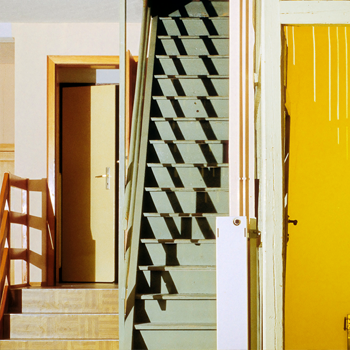How would you explain the following statement: "Natural selection acts on populations, not individuals."?
2 Answers
Natural selection works on populations by affecting which individuals live and reproduce.
Explanation:
Natural selection does not create adaptions, mutations, or variations. Natural selection causes the extinction of individuals who are not well adapted to changes in the environment. Natural selection can also provide a reproductive advantages of some individuals over other individuals.
A classic example is the peppered moths of England. The dark or melanic variation increased greatly during the time of pollution during the industrial revolution. White individuals were not able to neutralize the poisons in the pollution and were more susceptible to predators. There were chemical reactions in the melanic or dark variety that favored the dark variety. The dark variety was also less susceptible to predation.
During the industrial revolution natural selection affected the percentage of the population toward the dark or melanic variety
When the pollution was removed from the environment the population went back to the original percentages of the population being primarily white.
Natural selection works to change populations by favoring some variations in individuals and working to eliminate other variations in individuals.
Natural selection is basically a culling process.
Explanation:
That sounds dark, but it's what it is. I'll start by connecting natural selection to evolution. It's essentially a mechanism for it.
Evolution is defined as a change in allele frequencies in a population. Natural selection is one of the ways alleles can change in a population. Since the mechanism works by limiting the reproductive success of organisms that don't possess proper characteristics for an environment and maximizing the reproductive success of organisms that do, over generations, it has a huge capacity to change allele frequencies in populations.
The thing is, natural selection works on a population over generations because individuals that do better in the environment (we would say they are favored by natural selection) tend to have more babies, causing changes in the gene pool. An individual is not a gene pool, it's simply a part of one.
Some time ago, people took a large sample of a lizard species on an island in the Caribbean which was adapted to moving on large trees and palm fronds. They moved them to an island that had recently been hit with a hurricane and only had small shrubs. When they came back after two years, the average length of the lizards' claws (which were long to allow for better climbing) had shortened a lot.
This was natural selection favoring smaller claw lengths because the lizards with these traits could get food better, and thus have more kids. In this case, each individual lizard felt no impact from natural selection, but the population over a few generations felt a huge impact.

